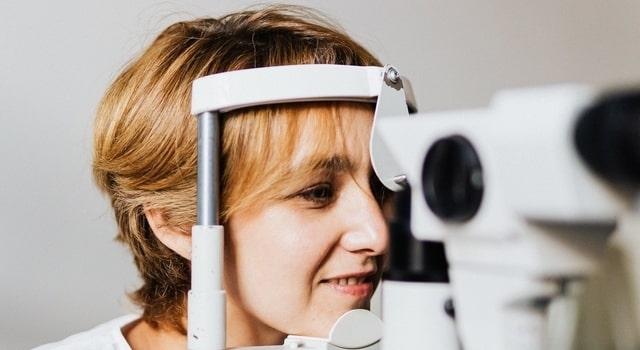
Aging brings about many changes, and our eyes are no exception. As we grow older, we become more susceptible to certain eye conditions. These age-related eye conditions can significantly hinder our vision and overall quality of life. They range from minor annoyances to serious diseases that can lead to blindness. But don’t fret! Archdale Eyecare is here to deliver expert knowledge and care tips regarding these conditions.
Understanding Age-Related Eye Conditions
Age-related eye conditions are a major cause of vision impairment and blindness in older adults and seniors. These conditions can affect various parts of the eye, including the lens, retina, and optic nerve. Depending on the condition, the impact on vision can range from mild to severe. Understanding these conditions is the first step towards maintaining good eye health and preventing vision loss.
Most Common Age-Related Eye Conditions
Several eye conditions are commonly associated with aging. These conditions can affect different parts of the eye and have varying symptoms and severity levels.
- Age-Related Macular Degeneration (AMD): This condition affects the macula, the central part of the retina. It leads to loss of central vision, making it difficult to see fine details.
- Cataracts: Characterized by the clouding of the eye's lens, cataracts cause blurry, foggy, or dim vision. It's like looking through a frosty or fogged-up window.
- Glaucoma: This is a group of eye conditions that damage the optic nerve, often due to high eye pressure. It can lead to vision loss if not treated early.
- Diabetic Retinopathy: A complication of diabetes, this condition affects the blood vessels of the retina. It can potentially lead to blindness if not managed properly.
- Presbyopia: This is the gradual loss of the eye's ability to focus on nearby objects. It's a common condition after age 40, often requiring the use of reading glasses.
Symptoms and Early Detection
The symptoms of age-related eye conditions can vary. However, many age-related conditions manifest as blurred vision, difficulty seeing at night, and seeing halos around lights. Early detection is crucial in managing these conditions. Regular eye exams can help identify problems before they progress and cause significant vision loss.
If you notice any changes in your vision, it's essential to consult with one of our eye doctors immediately. We can provide a proper diagnosis and recommend appropriate treatment options.
Preventive Measures and Lifestyle Changes
Preventing age-related eye conditions involves making healthy lifestyle choices. A balanced diet rich in antioxidants, omega-3 fatty acids, vitamin A, and carotenoids can support eye health. Find a comprehensive list of eye-friendly foods here.
Quitting smoking and wearing protective eyewear can also reduce the risk of developing eye diseases. Regular exercise and managing chronic conditions like diabetes are equally important.
Remember that our eyes and physiological health walk hand in hand; taking care of the one takes care of the other, as it’s all interconnected.
The Importance of Regular Eye Exams
Regular eye exams are crucial for early detection of age-related eye conditions. They can help identify issues before they cause significant vision loss. Early detection often leads to better outcomes, which is why our eye doctors recommend regular eye exams in order for them to detect and treat both minor and major eye conditions.
Maintaining Your Eye Health with Archdale Eyecare
Age-related eye conditions can be challenging, but many can be managed effectively with early detection and proper treatment.
Request your next appointment with us to experience top-rated, personalized eye care.

